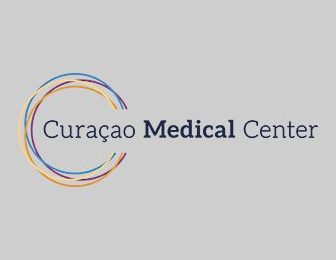Guideline
The first week you can still be tired and short of breath. This is normal after a heart valve replacement. You will have a check-up appointment for about 4 to 6 weeks with your cardiologist. we often make an ultrasound of your heart, so that we can look at the functioning of the heart valve.
We may sign you up for cardiac rehabilitation. If applicable, you’ll get more information about this.
It is important that you adhere to a number of guidelines in the coming period. This means that you have to pay attention to the following things:
- Take your medications as prescribed by the doctor.
- The first 4 weeks you are not allowed to drive or cycle. During the first outpatient check-up, your cardiologist will assess whether you are allowed to participate in traffic again.
- The first week you should not do any heavy physical exertion. You should not lift too heavy in this first week (no more than 5 kg).
- Approximately 1 week after discharge, you may still carry out the daily activities.
- Sexual activity is not a problem after surgery.
- You should not bathe or swim in the first week. This can cause the wound to become soaked, which increases the chance of bleeding. You may shower for a short period (maximum 5 minutes).
- If there is still fluid coming out of the wounds of the groin, you need to put a new patch on it. It is important that you always replace a damp patch to reduce the risk of infection.
- You should not rub the wounds with cream, ointment or powder unless your doctor has prescribed this. It is also better not to sunbathe extensively in the first year after surgery. This is not good for the healing of the wound.
- Any bruising can move. These spots discolor slowly and disappear after about 6 weeks. In some cases, you may have stitches in the groin or under your chest. The doctor can remove it 10 days after the operation.
- You may lie on your side and stomach.
- Control gates at airports and in shops are no problem. You may only book a flight again after consultation with the cardiologist during the first check-up.


Dental or medical procedures
- Always tell your dentist or attending physician that you have had an aortic valve implantation.
- If you receive a dental or medical procedure in the future, it is important that you receive a short course of antibiotics prior to this procedure.
- Good oral hygiene and control at the dentist is also very important. This is to prevent bacteria from infecting the heart valve.
- For some procedures, the blood thinners must be temporarily stopped. You should always discuss this with your cardiologist.
Pass ‘identification for the heart valve prosthesis’
Some time after the operation, you will receive a so-called ‘identification for the heart valve prosthesis’ at home. This card shows your name, date of birth, surgery, type of heart valve, where the heart valve was implanted and the date of implantation. Always carry this pass with you. In the event of an emergency, this card is important for emergency workers.
When should you contact us?
Please contact us if you experience complaints such as:
- fever above 38.5 degrees;
- if the wound of your groin looks red, feels warm, hurts, if pus comes out or swelling can be seen;
- if your groin starts to hurt or there is bleeding;
- palpitations for a prolonged period of time;
- increase in shortness of breath at rest or with exertion;
- emergence of fluid in the legs; coughing up yellow/green sputum.
The first 10 days after discharge, call the Cardiology outpatient clinic during office hours, telephone number 745-0023 and outside office hours to the Coronary Care Unit, calling 745-0000 and request to connect you.
If you have any questions or problems after 10 days, call your doctor.
In an acute situation, contact 912!


